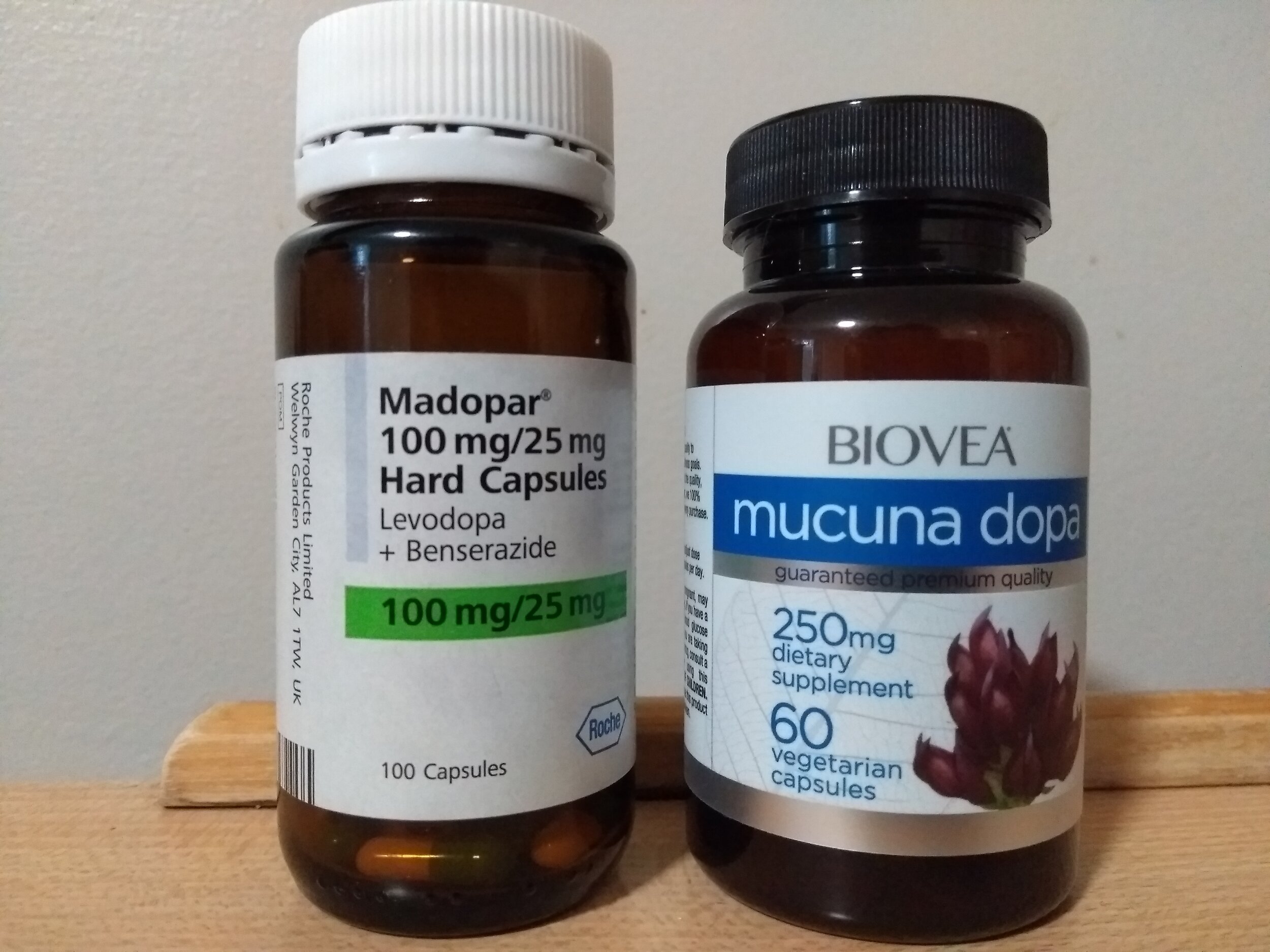Dysregulation in the DAT ferrying system is associated with a number of chronic conditions, including ADHD, Bipolar, depression, eating disorders, substance abuse, Parkinson’s, and dystonia. If there is too much DAT activity, it means that there is a deficiency in active Dopamine outside the cell, as it is being pulled back inside the cell constantly.
Read MoreDopamine and Parkinson's Disease
The Huberman Lab podcast is a lecture series by Prof. Andrew Huberman, professor of neurobiology and ophthalmology at Stanford School of Medicine, on practical and free tools for optimizing health based on the very latest neuroscience and human biology research. This podcast contains vital, actionable, and need-to-know information for people with Parkinson’s Disease, in particular of the latest pragmatic research into dopamine biochemistry. Dopamine is the major neuromodulator which is most problematic in PD, and the target for the mainstay medical interventions. So here I’ve extracted from the podcast episodes the timestamps of everything Prof. Huberman has to teach us on the subject of how to optimize our dopamine biochemistry. The format is the episode title, in order of release, followed by the corresponding timestamp links and descriptions whenever dopamine is referred to.
Read MoreNoradrenaline, Adrenaline, Dopamine and Parkinson's Disease
Dopamine itself is a building block of other neurotransmitters and hormones. Indeed, the reaction pathways can proceed further as:
DOPAMINE -> NORADRENALINE (made in the body brain from Dopamine) -> ADRENALINE (made in the body and brain from Noradrenaline).
Read MoreBrain Healing and Parkinson's Disease
Here are annotated excerpts from the book, on the stages of neuroplastic healing - according to Dr Doidge, this works by modulating or downregulating the abnormal and noisy brain wave activity which occurs in nervous system dysregulations, that are either blocking clear movement and sensory signals or are over-exciting pain responses. It is worth noting that such “noisy brain” problems have been identified as a key element of Parkinson’s Disease.
Read MoreMy Experience with a Dopamine Agonist Medicine for Parkinson's Disease
The very first drug I was put on after my diagnosis was ropinerole [dopamine agonist]. It was only marginally effective. So my original neurologist kept bumping up the dosage until it made me vomit and have diarrhoea, cold sweats and such dizziness that the only thing I could do was lie down. The neurologist's solution was to put me on, in addition, anti-nausea medications permanently. Later, I self-discovered this class of anti-nausea drugs are not supposed to be used long term.
Read More



